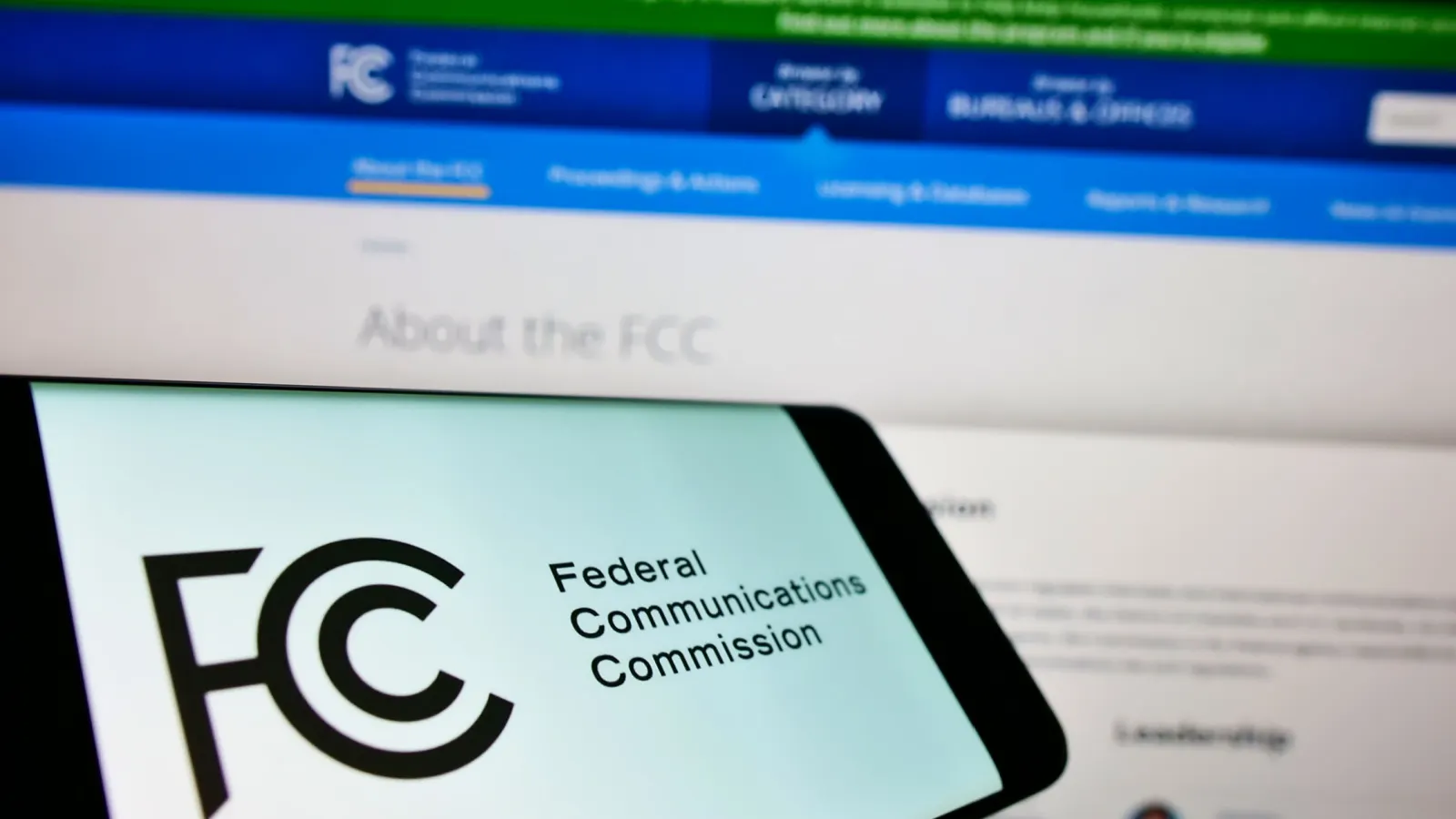With the number of users coming online growing daily, the U.S. Federal Communications Commission (FCC) is championing the reintroduction of net neutrality policies. But not everyone in the agency is onboard with the plan.
During a press conference on Tuesday, FCC Chair Jessica Rosenworcel made a case for reinstating net neutrality, citing the COVID-19 pandemic and emphasizing the importance of broadband access for all.
Net neutrality is the idea that Internet Service Providers (ISPs) should treat all Internet data equally, meaning they shouldn't block, slow down, or prioritize certain content or users.
“[The Pandemic] made it crystal clear that broadband is no longer nice-to-have; it’s need-to-have for everyone, everywhere,” Rosenworcel said. “It is not a luxury. It is a necessity. It is an essential infrastructure for modern life. No one without it has a fair shot at 21st-century success.”
“We need broadband to reach 100 percent of us—and we need it fast, open, and fair,” Rosenworcel said.
International nonprofit digital rights group the Electronic Frontier Foundation (EFF) praised the FCC's move to reinstate net neutrality rules.
“We are pleased that the FCC is moving toward reinstating net neutrality rules: It’s good for internet users across America and sets a good example for the world,” EFF Legal Director Corynne McSherry told Decrypt in an email. “The COVID pandemic of the past four years has only reinforced the need for internet service providers to treat all data that travels over their networks fairly, without improper discrimination in favor of particular apps, sites, or services.”
McSherry said the EFF wants the Internet to live up to its promises of fostering innovation, creativity, and freedom.
“We don’t want ISPs acting as gatekeepers, making special deals with a few companies and inhibiting new competition, innovation, and expression,” McSherry concluded.
However, some in the commission do not favor net neutrality rules coming back online. On Wednesday, FCC Commissioner Brendan Carr, the senior Republican at the FCC, said he opposed the measure, calling it “unlawful” and about "increasing government control of the internet." In 2017, the FCC voted 2-1 to roll back net neutrality regulations.
“Since the FCC’s 2017 decision to restore Internet freedom, broadband speeds in the U.S. are up, prices are down, competition has increased, and record-breaking broadband builds brought millions of Americans across the digital divide,” Carr said in the statement. “Utility-style regulation of the Internet was never about improving your online experience—that was just the sheep’s clothing. It was always about control.”
I oppose the plan for increasing government control of the Internet. pic.twitter.com/bfKS5db3It
— Brendan Carr (@BrendanCarrFCC) September 27, 2023
Although the concept of network neutrality dates back to the 1980s, the term was coined by Columbia law professor Tim Wu in 2003 in a paper titled “Network Neutrality, Broadband Discrimination.” It underscores the need for a neutral network to foster application competition.
The first attempt at enacting net neutrality rules in the United States came in 2004 when then-FCC Chair Michael Powell announced a set of “Preserving Network Freedom” principles, including the freedom to access content, run applications, attach devices, and obtain service plan information.
Since then, the debate around net neutrality has become increasingly political, with net neutrality rules being enacted under the Obama Administration, repealed under the Trump Administration, and now potentially revived under the Biden Administration, which appointed current FCC chair Rosenworcel in October 2021.
“This utility-style regulation opens the door to broadband rate regulation. There is no more surefire way of killing off investment and innovation than putting price controls squarely on the table,” Carr said. “Adjudicating broadband rates under a 'just and reasonable' standard should be a non-starter.”
The office of FCC Commissioner Carr did not immediately respond to Decrypt’s request for comment.

